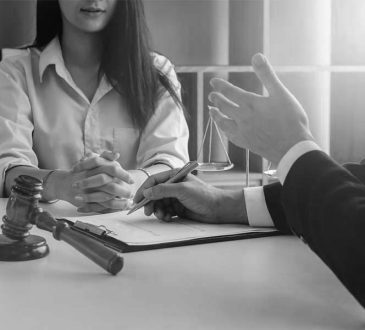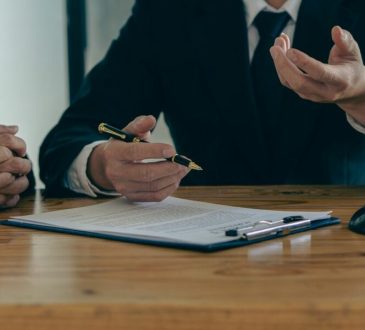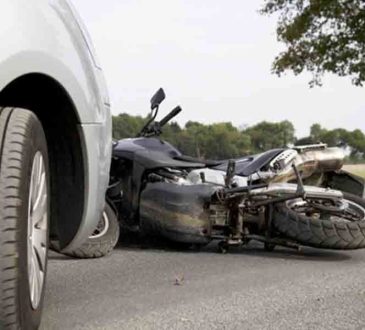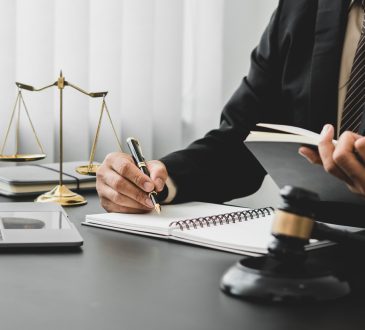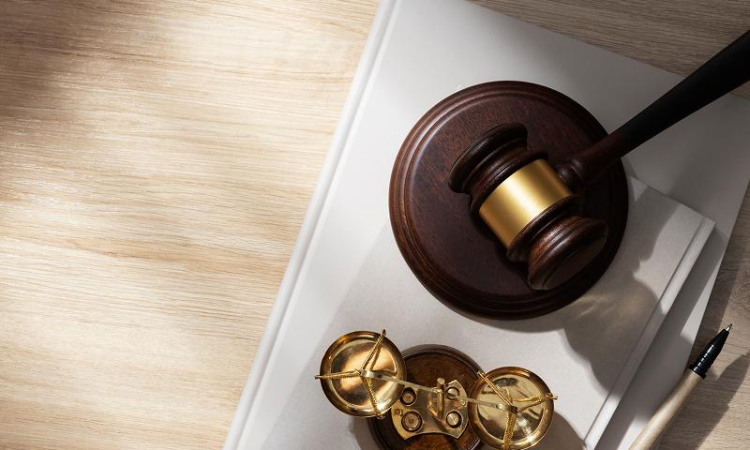
Being arrested in Singapore triggers a series of legal steps, each with serious implications. Understanding how a criminal lawyer in Singapore may assist you throughout the process is then critical for preserving your rights, preparing your case, and navigating the legal system.
Initial Contact and Police Investigations
Once arrested, the police have the power to detain and question you. This situation is where a criminal lawyer is integral. You are entitled to legal representation, although access may initially be delayed. A lawyer can advise you on your rights before you give any statement to the police. Statements made during investigations are often used in court. Therefore, having legal guidance early on helps prevent self-incrimination and ensures you do not unintentionally damage your defence.
A criminal lawyer can also apply for bail, depending on the offence. The lawyer may argue for more favourable conditions for bailable offences. Meanwhile, for non-bailable offences, they may submit representations to the Attorney-General’s Chambers (AGC) or apply to the court for bail review.
Charging and Court Mentions
You may be formally charged in court if the police believe there is sufficient evidence. During the first mention, your criminal lawyer can apply for bail if it was not already granted. More importantly, they will evaluate the charges and obtain the prosecution’s Case for the Prosecution (CFP), which outlines the facts, evidence, and witnesses.
Your lawyer will then assess whether to advise a plea of guilty or not guilty. This decision is based on the evidence available and the likelihood of securing a better outcome through a negotiated plea or trial. They may also initiate pre-trial discussions with the prosecution to reduce or withdraw certain charges.
Mitigation and Sentencing When You Plead Guilty
Your criminal lawyer will prepare and deliver a mitigation plea if you choose to plead guilty. This document highlights factors that may reduce the severity of the sentence. These can include lack of prior offences, remorse shown, family responsibilities, and cooperation during investigations.
The lawyer will ensure that all relevant personal, medical, and financial circumstances are properly presented to the court. A strong mitigation plea can lead to reduced fines, shorter jail terms, or alternatives like community-based sentencing, depending on the offence.
ALSO READ: Legal Provisions for Voluntarily Causing Hurt
Pre-Trial Conference and Evidence Preparation
Your criminal lawyer will begin trial preparations if you contest the charge. This preparation includes reviewing the prosecution’s evidence, gathering witness statements, and obtaining expert opinions if needed. The court will schedule a Pre-Trial Conference (PTC), where both parties update the judge on readiness and timelines.
The lawyer may also file pre-trial applications, such as for disclosure of specific evidence or to exclude inadmissible material. These procedural steps are crucial in strengthening your position before trial. A criminal lawyer will also prepare you and your witnesses for cross-examination, ensuring clarity and consistency.
Trial Representation and Defence Strategy
During the trial, the criminal lawyer challenges the prosecution’s case through cross-examination, legal objections, and strategic questioning. Your lawyer will guide you through the process and ensure your version of events is presented clearly if you are required to testify.
They will then make closing submissions, pointing out weaknesses in the prosecution’s case and highlighting reasonable doubt. The court will eventually deliver a verdict based on the facts and legal arguments presented.
The lawyer may advise on grounds for appeal or work toward reducing the sentence if convicted. However, if acquitted, the lawyer may assist in sealing records or addressing post-trial reputational concerns.
Post-Trial Support and Appeals
Following a conviction, you have a right to appeal against the decision or the sentence. A criminal lawyer will assess whether there are valid legal or procedural grounds for appeal. Appeals must be filed promptly, and the lawyer will draft and submit written submissions to the High Court.
The lawyer can still help with matters like sentence deferment or applications for remission or parole in cases where no appeal is filed, depending on the sentence imposed.
Conclusion
Navigating the judicial system following an arrest in Singapore is complex and high-stakes. A criminal lawyer in Singapore plays a vital role from the point of arrest through investigations, charging, plea decisions, trial, and even post-conviction matters. Their guidance ensures your rights are protected and that you have a structured, well-informed legal defence throughout the process.
Contact Low Law Corporation and let us help you protect your rights from the start.

